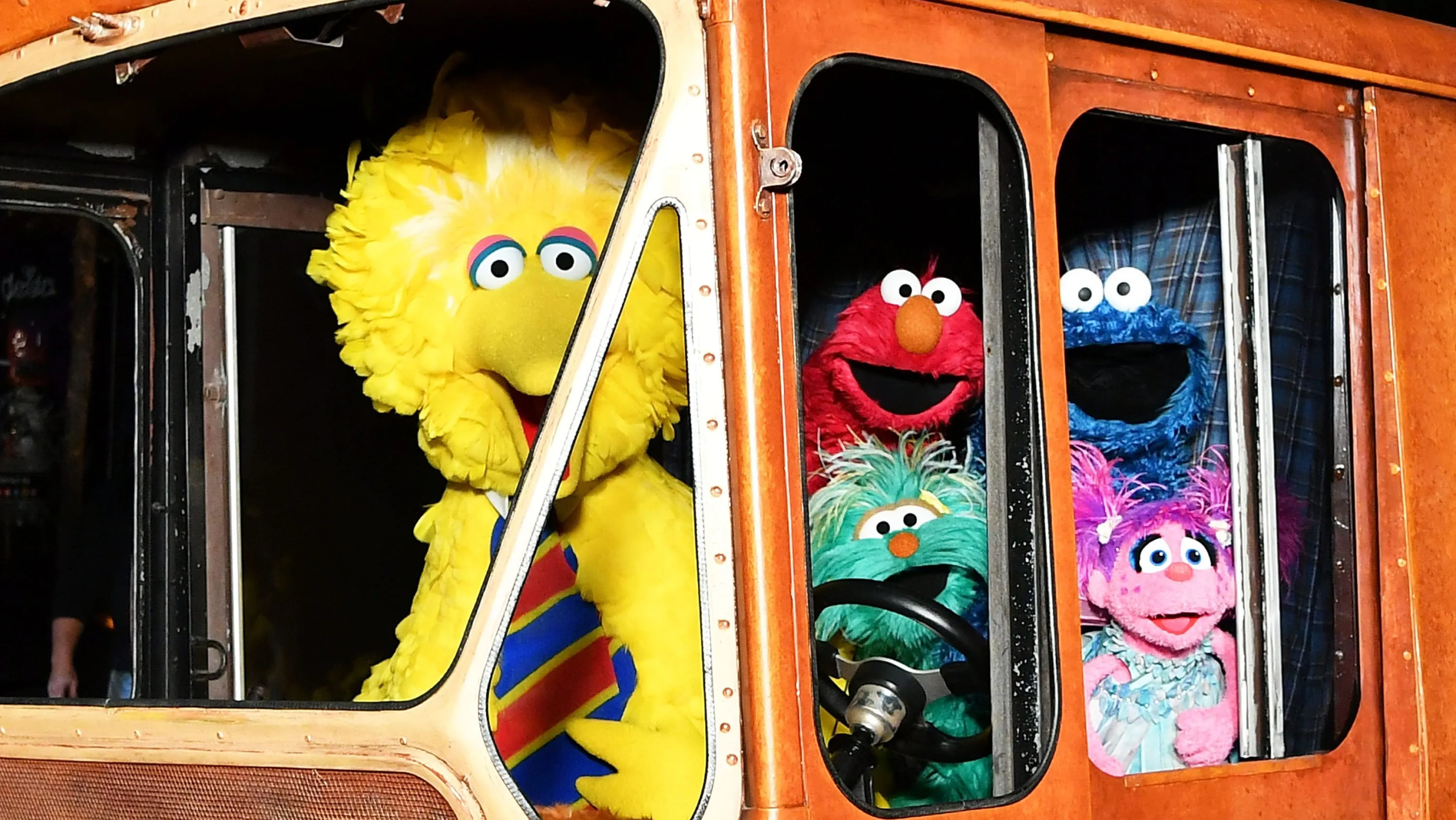“Sesame Street” looks for a new home after HBO and Warner Bros. Discovery decided to end their deal with the long-running children’s series. The show’s deep historical ties to the Black community has made it a beloved show in many African American homes.
After a decade of streaming on HBO, Big Bird and his “Sesame Street” crew are looking for a new home. Recently, HBO and its parent company, Warner Bros. Discovery, decided not to renew their deal with Sesame Workshop, the show’s non-profit producer. The end of their once-groundbreaking partnership means that HBO will no longer finance or air new episodes of the children’s educational program.
“It has been a wonderful, creative experience working with everyone at ‘Sesame Street’ on the iconic children’s series, and we are thrilled to be able to keep some of the library series on Max in the U.S.,” a spokesperson for Max [HBO’s streaming platform] said, per The Hollywood Reporter. “As we’ve launched Max, though, and based on consumer usage and feedback, we’ve had to prioritize our focus on stories for adults and families, and so new episodes from Sesame Street, at this time, are not as core to our strategy.”
In 2015, Sesame Workshop and HBO signed an agreement that not only gave the cable outlet and its streaming platform exclusive airing rights for new episodes but also offered a financial lifeline to the non-profit production company, which was struggling to cover the show’s expenses at the time. In addition to revitalizing “Sesame Street,” through this partnership, HBO also helped launch extensions of the show, like “Not Too Late Show With Elmo.”
While it is unclear if other networks and distributors like Amazon, Netflix, or Hulu will pick up the classic children’s show, Sesame Workshop says they “will continue to invest in [its] best-in-class programming, ensuring that ‘Sesame Street’ reaches as many children as possible for generations to come,” with hopes to share new distribution plans “in the coming months.”
Sesame Street’s Historical Ties to The Black Community
“Sesame Street” first premiered on PBS (Public Broadcast System) in 1969. Though the show quickly became a staple in households and classrooms across the country, the children’s program initially declared its target audience to be “the four-year-old inner-city Black youngster.” The show’s “hidden curriculum” designed to uplift the self-worth of Black children through the presentation of representation and education, was designed by Dr. Chester Pierce, a Black psychiatrist and Harvard Medical School professor. Through the years, the show went on to hire and highlight Black actors, talent, and trailblazers.
Though HBO says the decision not to renew its deal with the show reflects a shift away from children’s programming, the timing has many speculating a broader message. As previously reported by theGrio, Donald Trump’s presidency and “Project 2025” pose threats to education and public media.
“Stripping public funding would, of course, mean that NPR, PBS, Pacifica Radio, and the other leftist broadcasters would be shorn of the presumption that they act in the public interest and receive the privileges that often accompany so acting,” Project 2025 reads. “NPR, Pacifica, and the other radio ventures have zero claim on an educational function (the original purpose for which they were created by President Johnson), and the percentage of on-air programming that PBS devotes to educational endeavors such as ‘Sesame Street’ (programs that are themselves biased to the Left) is small.”
Considering “Sesame Street” public media beginnings and longstanding legacy as a deeply inclusive and highly educational program, some social media users speculate that this is just another attack on education.
Though HBO will no longer fund new “Sesame Street” episodes, the network plans to release the show’s 55th season in January 2025 and will reportedly keep its catalog of episodes on Max through 2027.
More About:Lifestyle
By TheGrio
By TheGrio
By TheGrio
By Rocky Kanaka
By Rocky Kanaka
By Chip Chick
Weekly New Episodes
Stream Now

